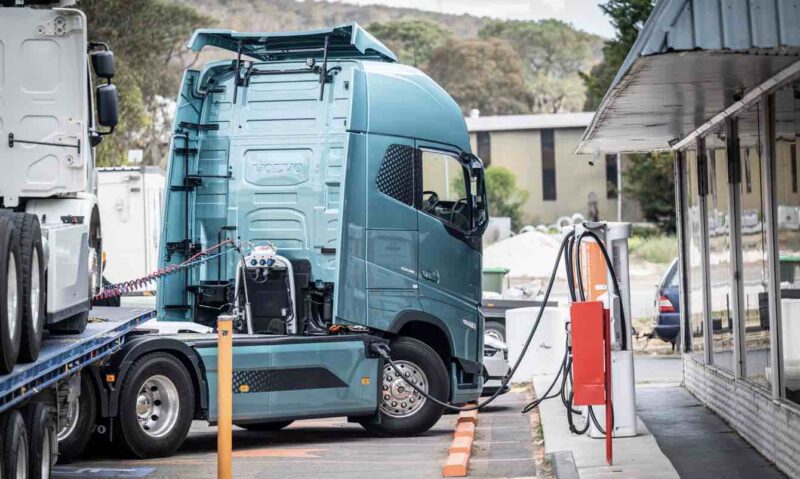Last year, Australians paid over $60 billion to import petroleum products. On top of that we paid tens of billions of dollars for storage, distribution and sales of these products, often to overseas-owned businesses.
Efficient electrification can dramatically reduce this substantial drain on our economy as well as reduce consumer costs and deliver other benefits.
Obviously a shift to electric cars will cut imports of petrol, which comprises 41% of petroleum consumption. While our overall use of petrol and diesel fuel is dominated by transport (71% of petroleum), about 40% of diesel fuel (around 29% of total petroleum) is used for non-road transport activities, particularly mining.
Many mines use a lot of diesel fuel for trucks, but also for electricity generation. The Australian government’s ‘Safeguard’ scheme limits scope 1 carbon emissions (from on-site emissions, often from burning fossil fuels) of high emission sites like these, with a potential carbon price of up to $75 per tonne.
These emissions are produced by both movement of materials (mainly in trucks) and electricity generation for remote sites.
So this scheme provides incentives to electrify both mining transport and diesel electricity generation. Miners could also rethink their reliance on trucks (the weight of which is a major contributor to diesel consumption, as they transport ore against the force of gravity).
Road freight generates almost half of transport-related carbon emissions, and light commercial vehicles (LCVs) generate 44% of that, while semi-trailers contribute only a third of road freight emissions.
LCVs are obvious candidates for electrification. Developments in batteries and aerodynamics suggest that trucks will also electrify for business reasons.
Sensible urban planning, electric micro-mobility technologies, infrastructure and public transport, along with virtual service provision, which can avoid costs of both travel and wasted time, should reduce dependence on cars.
Exploding insurance costs and impacts of depreciation add more pressure to reduce the number of cars we own, while improving quality of service.
This article first appeared in Renew magazine. Republished with the permission of the author.

